
Born Louis Weertz in Omaha, Nebraska, Roger Williams was the son of a Lutheran minister and a music teacher. Williams was something of a prodigy, first playing piano at the age of 3 and learning to play several other instruments proficiently by the age of 9. By the time he reached high school, Williams could play 13 different instruments and could play almost anything by ear. "I settled for what I liked best," Williams said, "the piano."
Williams served in the Navy during World War II and, afterward, attended Julliard in New York City. While there, Williams studied piano under Teddy Wilson. It was Wilson who urged Williams to compete on Arthur Godfrey's talent show in 1952, which Williams won.
The founder of Kapp records, David Kapp, heard Williams play and, signing him to his label in 1954, was determined to help the young pianist become a star. First up, Kapp insisted Louis Weertz change his name to Roger Williams.
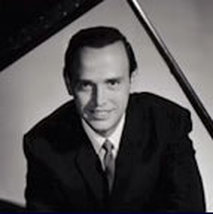
After that, Williams was a star. His easy style and dynamic stage presence endeared his music to millions and inspired the careers of Richard Clayderman, Ronnie Aldrich, and many others.
Williams recorded well over 100 albums during his career, and hit the charts several more times, reaching the Top Ten for a second time with "Born Free" in 1966.
In March of this year, Williams announced on his web site that he'd been diagnosed with pancreatic cancer and vowed to fight it. He performed his final concert a few days later. On Saturday, October 8, Williams lost his battle with the disease and died at his Los Angeles home.
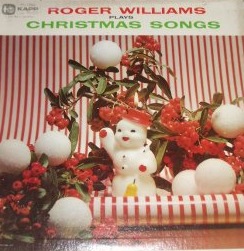
Williams tried again in 1959 and, this time, struck the right Christmas note. "Christmas Time" became a classic of the season and an annual seller, reissued no fewer than 5 times by Kapp through the 60s and at least twice more by MCA in the seventies. "Christmas Time" was issued on CD in 1995, but is currently out-of-print.
Williams recorded one more Christmas album in 1981, "Golden Christmas". "Golden Christmas" is still in print (having been issued on CD as recently as 2006) and does feature the string accompaniment that made "Christmas Time" such a hit, but is generally considered inferior to its 1959 predecessor.
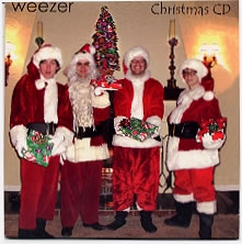
A former bassist for the rock group Weezer, Mikey Welsh was found dead in a Chicago hotel room Saturday, October 8. Welsh was only 40 years old.
Born in Syracuse, New York, Welsh was a bassist for several local Boston bands, playing with Weezer's Rivers Cuomo in Cuomo's side project Homie. When original bassist Matt Sharp officially left Weezer in 1998, Welsh was given the position. This was during one of Weezer's least productive periods so, although Welsh wrote a number of songs for Weezer and recorded a number of tracks with the band in 1998 and 1999, the songs he wrote were never used and the tracks recorded went largely unreleased.
Weezer's "Green Album" is the one and only album featuring Mikey Welsh on bass. But Welsh also was the bass player on the fan-club issued Christmas EP (released on iTunes 5 years later as "Winter Weezerland").
Following the tour in support of the "Green Album", Welsh left Weezer in 2001. It was later disclosed that Welsh had suffered a mental breakdown culminating in a suicide attempt. Welsh ultimately turned to art though, on rare occasions, he would join Weezer on stage to jam on the song "Hash Pipe" or some other track from the "Green Album".
On September 26, Welsh had tweeted "dreamt i died in chicago next weekend (heart attack in my sleep). need to write my will today" causing many to suspect Mikey's death was a suicide. Police were awaiting autopsy and toxicology results. Foul play is not suspected.
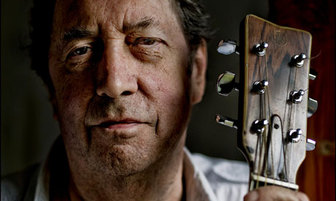
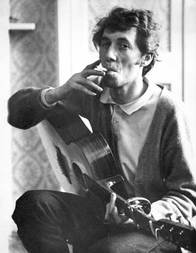
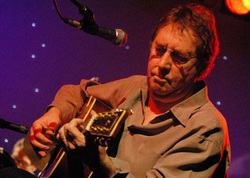
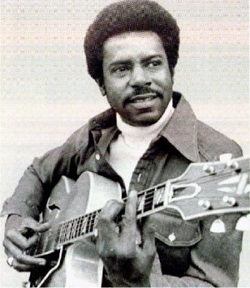
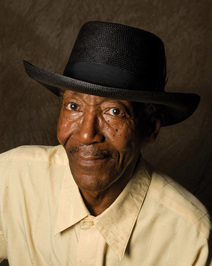
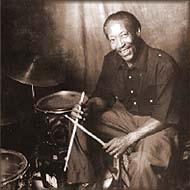
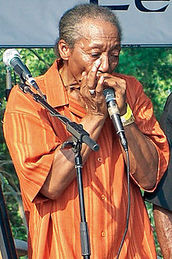
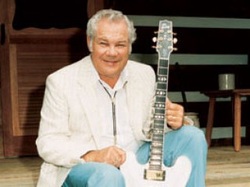
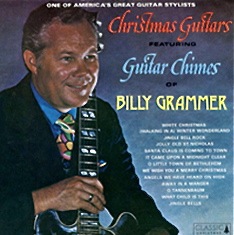
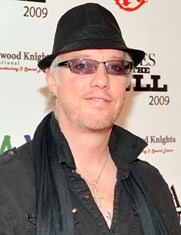
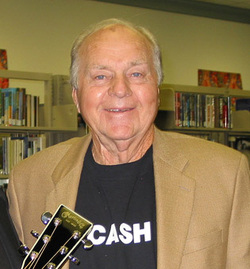
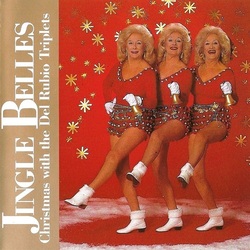
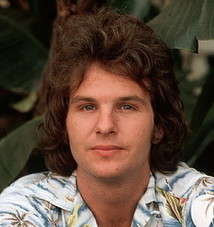
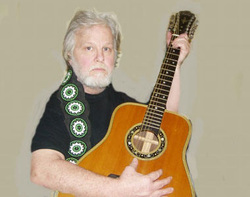
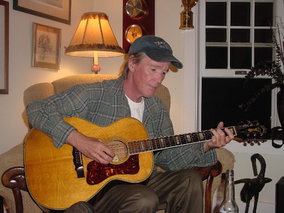
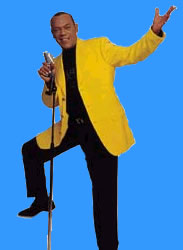

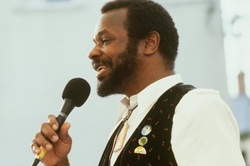
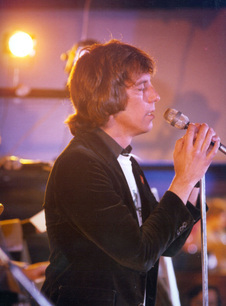
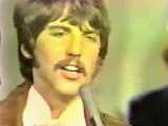

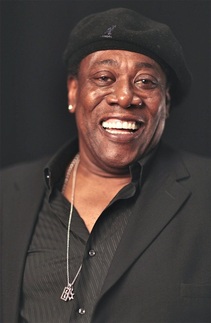
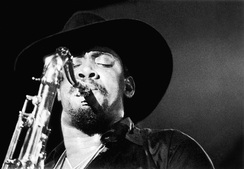
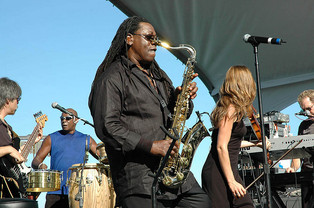
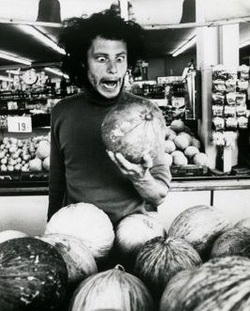
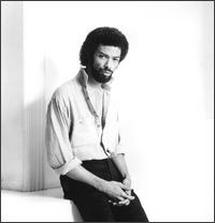
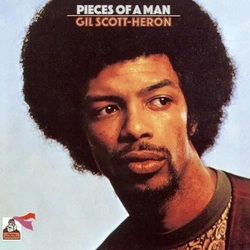
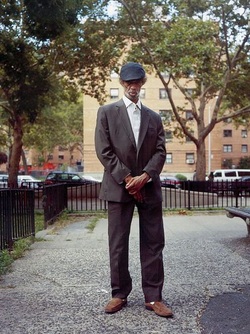
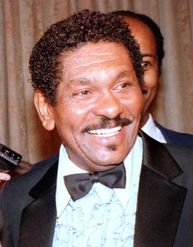
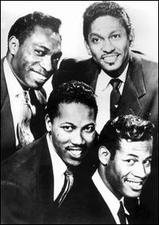
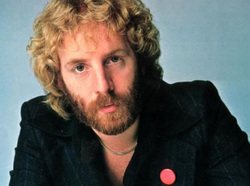
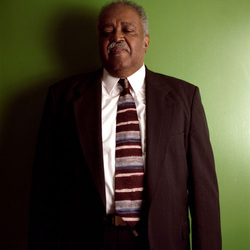
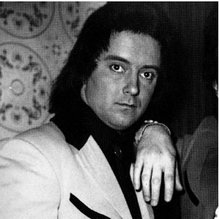
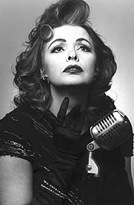

 RSS Feed
RSS Feed

